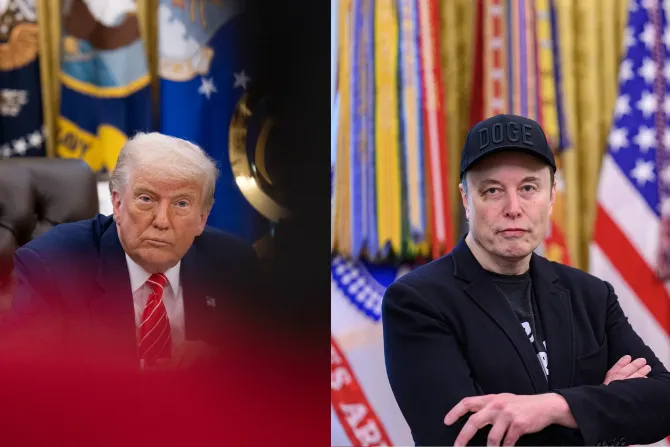
In a dramatic turn of events, the clash between Elon Musk and former President Donald Trump has exposed a growing concern about the increasing influence of private companies, particularly SpaceX and Tesla, on critical government sectors.
With Musk’s businesses playing an increasingly vital role in national security, space exploration, and defense, the fallout from their public feud has raised uncomfortable questions about the risks of privatizing essential services that the government relies on.
The tension between Musk and Trump began to escalate over a series of policy disagreements, most notably the dispute over Trump’s “big, beautiful bill” — a massive spending package that Musk vehemently criticized for its potential to drive the national deficit higher.
The fallout from their clash spilled over into the media, with Musk accusing Trump of being involved in the Epstein scandal, while Trump lashed out at Musk, calling him “out of his mind.”
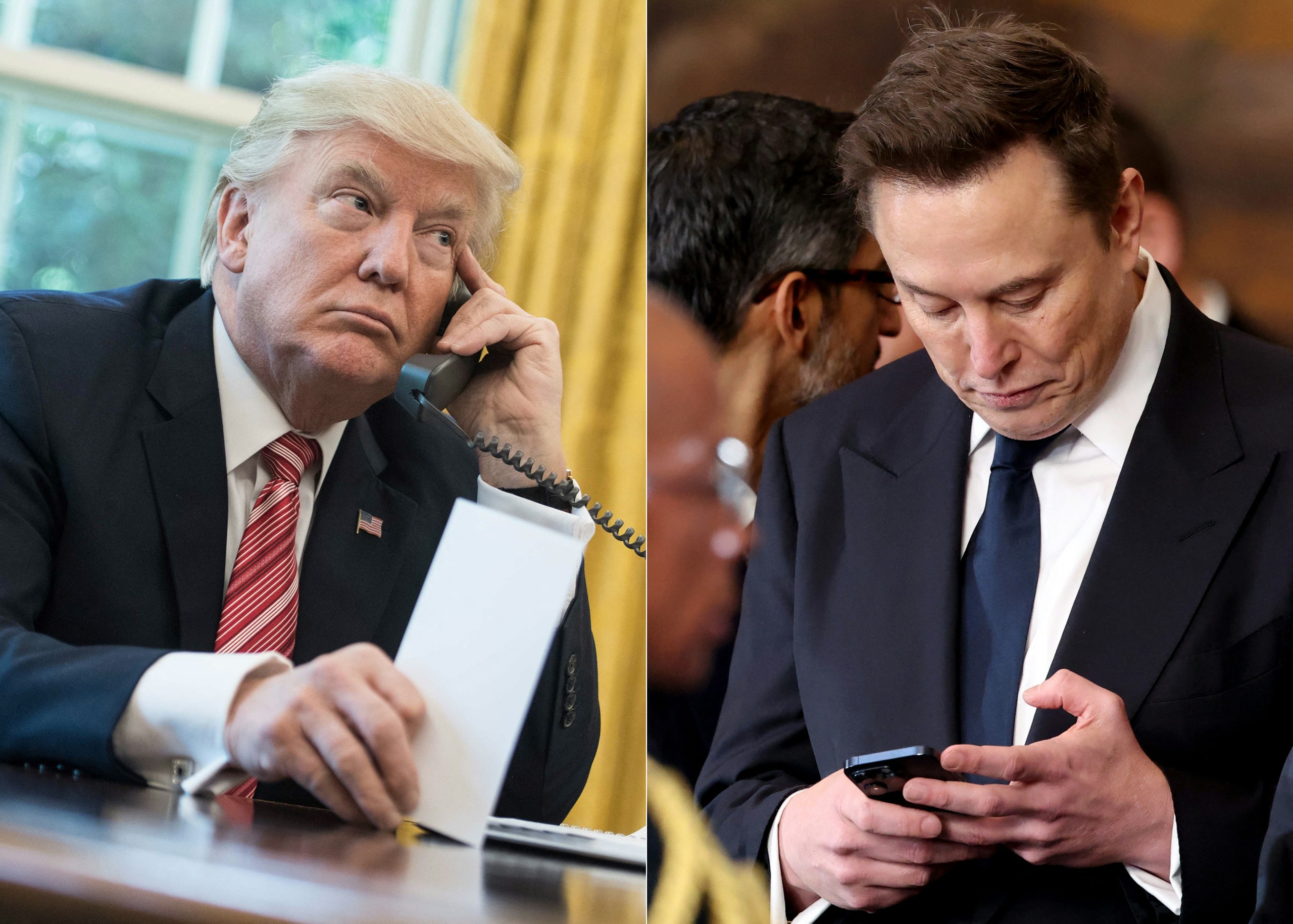
The public nature of their disagreement has sparked concern about the implications for the services Musk provides to the U.S. government, especially those related to national security and space exploration.
For years, SpaceX has been a critical partner to NASA, receiving billions of dollars in contracts to launch astronauts and supplies to the International Space Station (ISS). NASA has also turned to SpaceX for its ambitious plans to land humans on the Moon and eventually send them to Mars.
In addition to NASA, SpaceX’s contributions to national security are extensive. The company has launched satellites for the Department of Defense and played a pivotal role in President Trump’s missile defense initiative. With such vital services at stake, Musk’s threats to suspend SpaceX’s operations have raised alarms within the government.
The situation reached a tipping point when Musk publicly threatened to “decommission” SpaceX’s Dragon spacecraft, which NASA uses to ferry astronauts to the ISS.

While Musk eventually walked back that threat, the incident served as a stark reminder of the risks inherent in relying on private companies to fulfill critical government functions.
The power Musk wields over U.S. space missions and defense capabilities has become a point of contention, as critics argue that such services should not be subject to the whims of a single individual, especially one with a history of erratic behavior and unpredictable decisions.
Musk’s influence extends beyond space exploration and into other government domains, such as defense and telecommunications. His company, Starlink, has become integral to the U.S. military’s satellite communication capabilities, providing secure internet access to military personnel stationed in remote areas.
Starlink has also been deployed in Ukraine, providing crucial connectivity amid the ongoing conflict with Russia. However, Musk’s sudden threats to cut off service to Ukraine in 2023 raised further concerns about the potential for private companies to wield disproportionate power in global geopolitics.

While Musk’s role in supporting the U.S. government has been crucial, it has also highlighted the risks of over-reliance on private entities. As Musk’s businesses continue to expand, his influence over critical services becomes even more significant.
In 2024, Musk’s Starship rocket, designed to carry astronauts to the Moon and Mars, was selected by NASA as part of its plan to return humans to the Moon. However, with SpaceX’s future uncertain in the wake of Musk’s fallout with Trump, the viability of these ambitious plans is now in question.
Should Musk follow through on his threats to withhold services, it could have devastating consequences for NASA and the broader space exploration community. The growing tension between Musk and Trump is not just a personal dispute; it is emblematic of a larger issue facing the U.S. government in its dealings with powerful private corporations.
As Musk’s influence continues to grow, questions about the appropriate level of government oversight and accountability are becoming increasingly urgent. The risk of one individual holding such significant sway over critical infrastructure raises concerns about transparency, accountability, and national security.

With Musk’s empire spanning multiple sectors, including space, energy, and telecommunications, his power to influence government decisions is unmatched by any other private individual in modern history.
Musk’s businesses have long been lauded for their innovation and ability to disrupt established industries, but the recent fallout with Trump has highlighted the potential dangers of privatizing essential services.
The SpaceX-NASA relationship, for example, has been one of the most successful public-private partnerships in history. However, if SpaceX were to withdraw its services or fail to deliver on its commitments, the consequences for U.S. space exploration and national security would be catastrophic.
The government’s dependence on Musk’s companies for crucial services, combined with his unpredictable behavior, creates a precarious situation that could have far-reaching implications for the future of space exploration, defense, and telecommunications.

In response to the growing concerns, some critics are calling for a reevaluation of the role private companies should play in government services. There is growing support for the idea that certain sectors, particularly space exploration and national security, should remain firmly in the hands of the government, rather than relying on the whims of powerful business leaders.
The risks of privatizing such critical services, critics argue, are simply too great, especially when the private companies in question have the ability to hold governments hostage over business decisions.
However, the debate over privatization versus government control is far from settled. Supporters of privatization argue that private companies like SpaceX have proven their ability to innovate and deliver results faster and more efficiently than government agencies.
Musk’s success in advancing reusable rocket technology and reducing the cost of space travel is often cited as evidence that the private sector is capable of achieving breakthroughs that government-run agencies cannot.
Furthermore, the growing involvement of private companies in space exploration is seen by many as essential for the future of humanity, particularly in the pursuit of colonizing other planets.
The public fallout between Musk and Trump serves as a stark reminder of the challenges and risks associated with the growing influence of private companies in critical sectors.
While private companies like SpaceX have undoubtedly revolutionized space exploration and other industries, their growing power raises important questions about the balance of power between business leaders and government officials.
As Musk’s influence continues to expand, it remains to be seen how the U.S. government will navigate the complex and potentially dangerous terrain of private sector involvement in national security, space exploration, and other vital areas.
In conclusion, the ongoing conflict between Elon Musk and Donald Trump has laid bare the significant risks associated with the increasing privatization of essential government services.
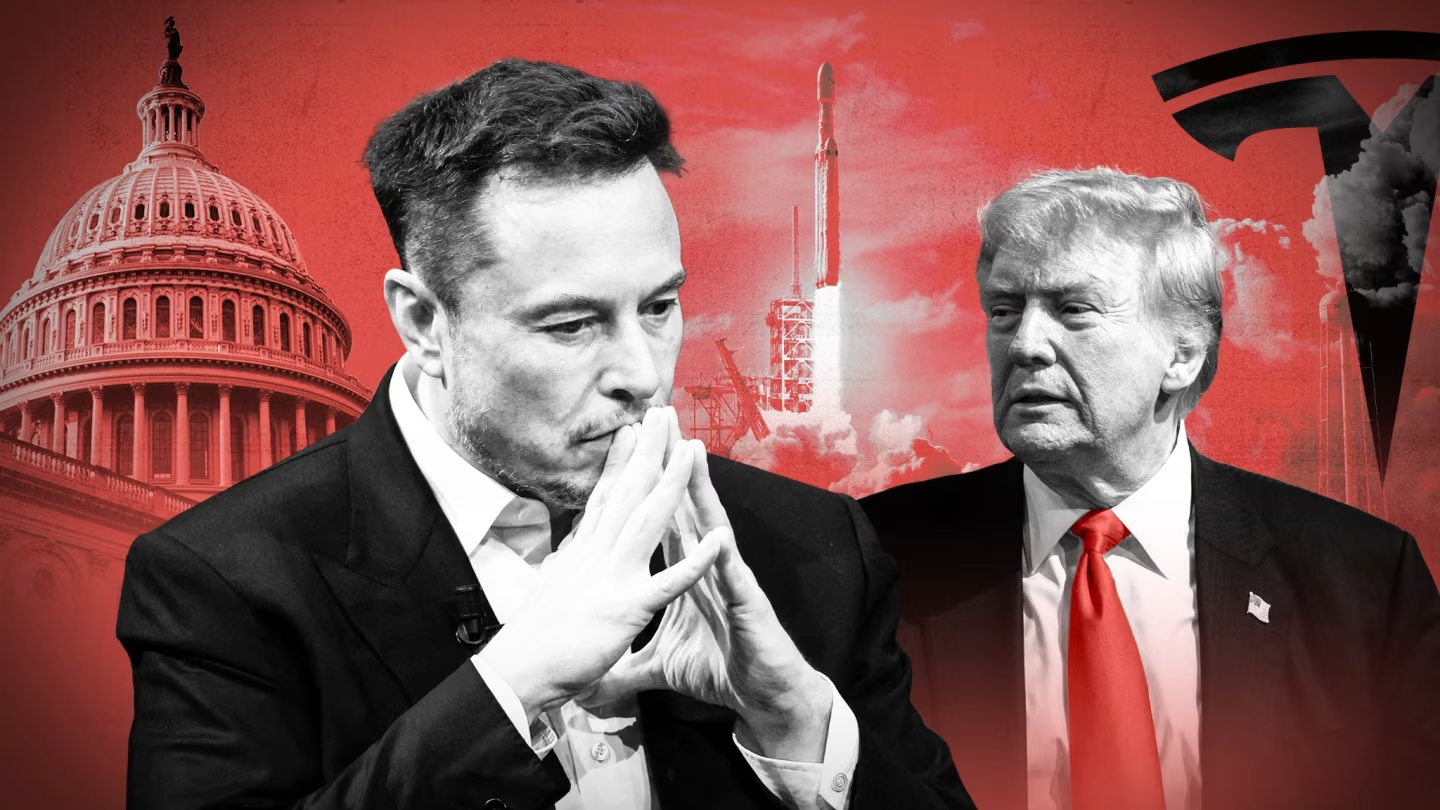
As Musk’s empire continues to grow, the U.S. government’s reliance on his companies for key infrastructure and services has raised alarms about the potential consequences of over-reliance on a single individual.
While the private sector has demonstrated its ability to innovate and disrupt established industries, the recent fallout between Musk and Trump underscores the need for careful consideration of the role private companies should play in critical sectors like space exploration and national security.
As the government grapples with these challenges, the future of space exploration, defense, and telecommunications remains uncertain, with Musk’s power and influence continuing to shape the direction of these industries.

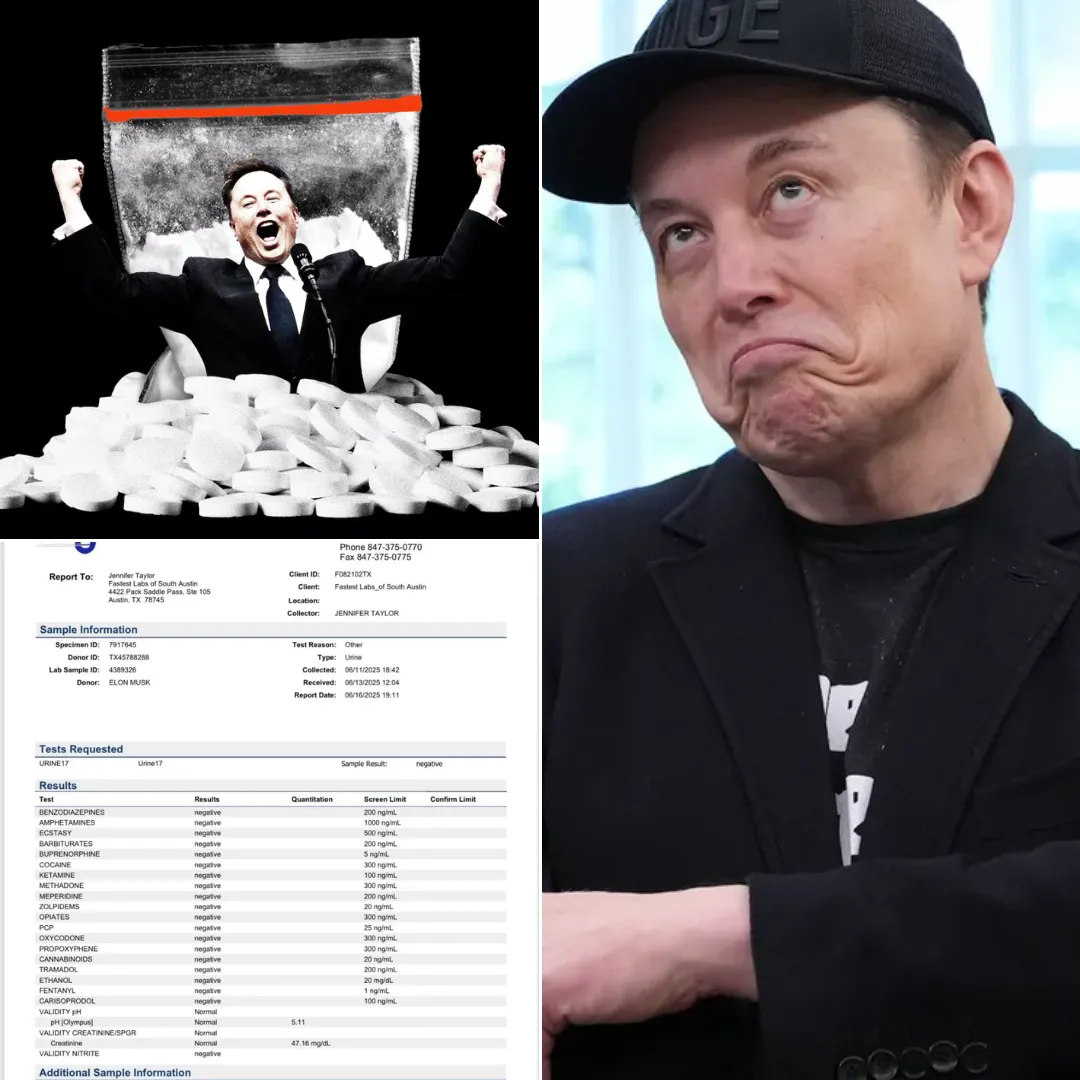
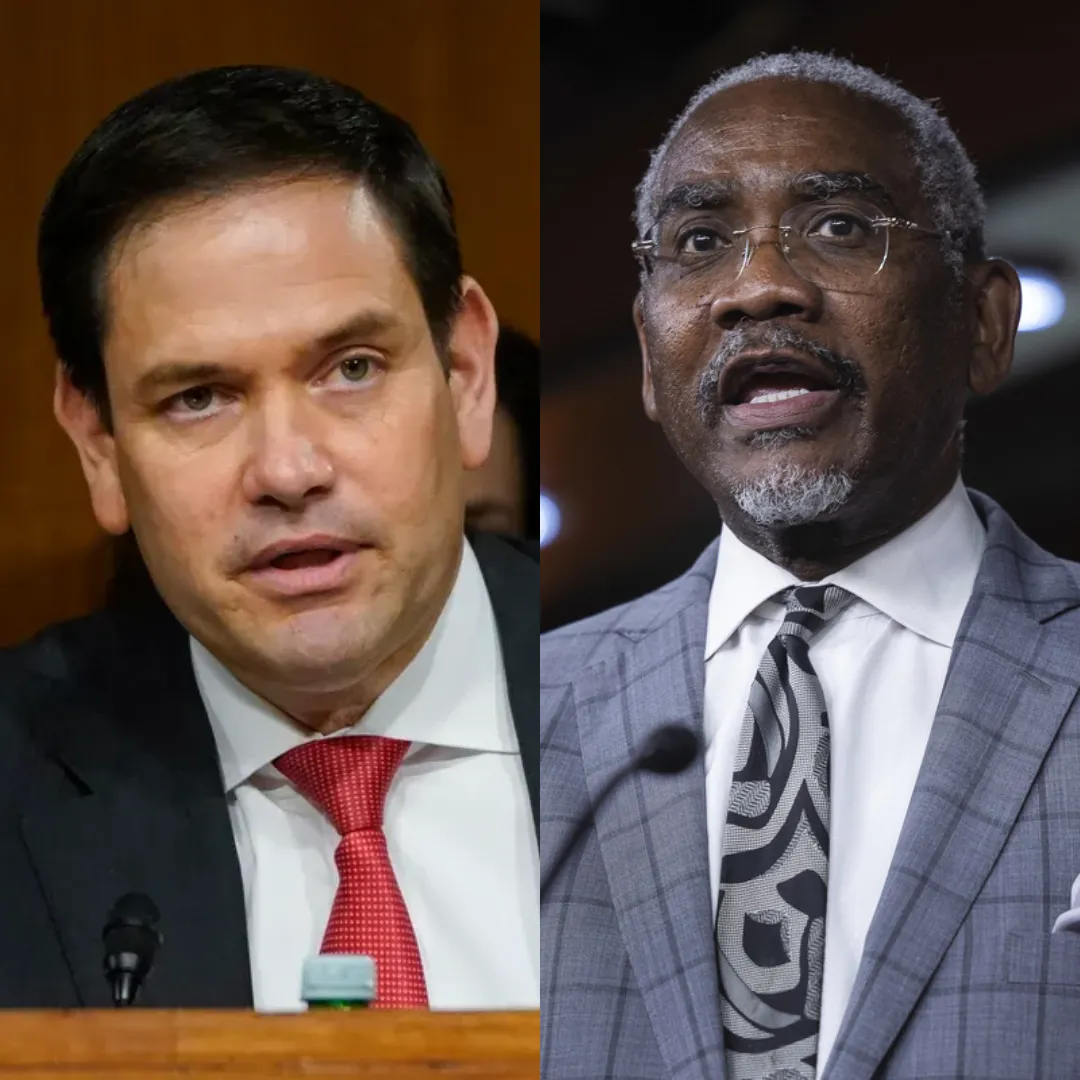
-1750687420-q80.webp)